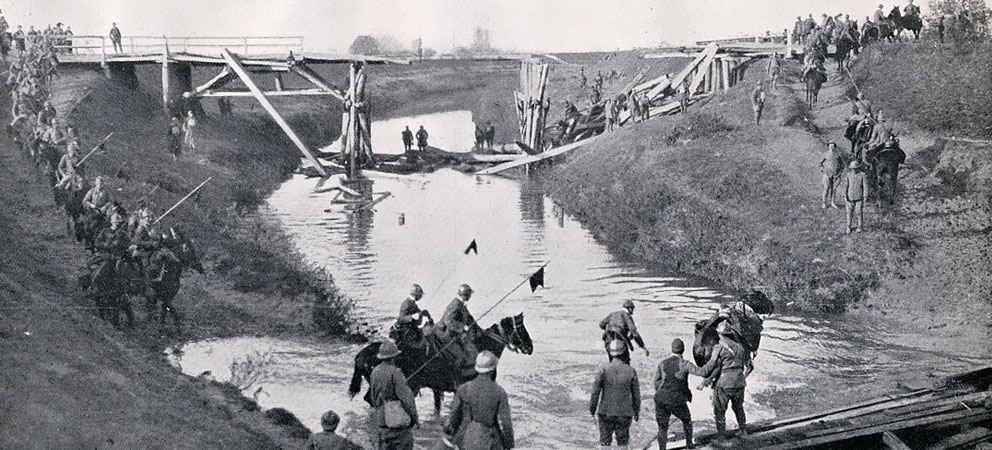Italy’s solitary battle
The struggle of the peninsula to make the migration crisis in the Mediterranean a European priority
Il Piave mormorò: “Non passa te straniero!”
This is the lyrics to a 1918 song called “La canzone del Piave”, which described a World War I battle in which the flooding of the river Piave slowed the Austro-Hungarian army down, thus “stopping the foreigner”. A hundred years later and now Austria is sealing the already tight patrolling of the Brenner pass to, once again, stop the foreigner; this time in the form of immigrant saved from the Mediterranean sea. At first it seems that Vienna was ready to deploy tanks and up to 750 soldiers on the border, but the very next day they quickly denied any such move. It was too late though, as the Italian public opinion already received it as a clear sign of what kind of solidarity to expect from its northern neighbour.
This move added fuel to an already pretty intense week for the Italian Minister of the Interior Marco Minniti; which began with a meeting on Sunday with the French and German counterparts in Paris.

The aim of this informal meeting was to pre-arrange a deal in view of the summit in Tallin of July the 6th, in which the Ministers of Interior of all the member states met to discuss the on-going migration crisis in the Mediterranean. It seems though, that neither the informal nor the formal summit have provided Italy with an ally in the challenge the country is facing. Right after the informal meeting, newly elected president Emmanuel Macron was quick to give his stance on the issue, saying that he is supportive of the Italian efforts but that he will only share the burden for refugees and not for economic migrants. Italy hoped to be able to share some of the weight with fellow Mediterranean cities like Barcelona or Marseille but the respective governments were swift to announce their unwillingness on the issue.
As the week went on, the debate further escalated when former Foreign Minister Emma Bonino said that in 2014 Italy asked Brussels to be the only arrival country for the migrants. This was interpreted by some part of the press as a secret deal made in Brussels, an offer to receive the much yearned fiscal flexibility that was at the centre of the debate at the time. This version was quickly denied by the government as well as by miss Bonino itself, but the damage was already done and the news further increased public unrest on the issue.
At the summit itself, it seems that Rome was unable to convince anybody on the opening of the Mediterranean ports, with the continent showing unity on the matter and with the German, Belgian and Estonian ministers publicly opposing the proposal. Even Commissioner Dimitris Avramopoulos expressed his negative opinion in changing the mandate of Frontex’s mission “Triton” and open other ports of the Mediterranean to the rescuing vessels, saying: “Triton already has a clear mandate” and that it’s just a matter of implementing it efficiently.

Nevertheless, some steps forward have been made at the summit. In particular, the block compactly recognizes the need to reinforce the external action of the EU as well as gave the green light to the action plan prepared by the Commission on the subject.
Furthermore, the consensus at the meeting is that the member states and the EU must do more to train and reinforce the Libyan coastguard, reach deals with third countries to having their citizen repatriate as well as securing Libya’s borders.
Some key points left on the agenda include new and strict regulation on the NGOs operating in the sea as well as the thorny matter of the relocation quotas and the opposition to them by the Visegard group. At least on the first matter, it seems that something is indeed moving and that soon the various NGOs rescuing people outside Libya’s coasts will have to apply to a new set of rules and regulations.
In the midst of all these meetings, last weekend Italy registered more than twelve thousand arrivals on its shores and a total of over 100 thousands since the beginning of the year. With numbers so great, a general election approaching, a broad sense of isolation and lack of solidarity from the other member states on top of all the other economical and social issues afflicting the peninsula, it seems that the situation is ripe for an uprising the EU might not be equipped for.

